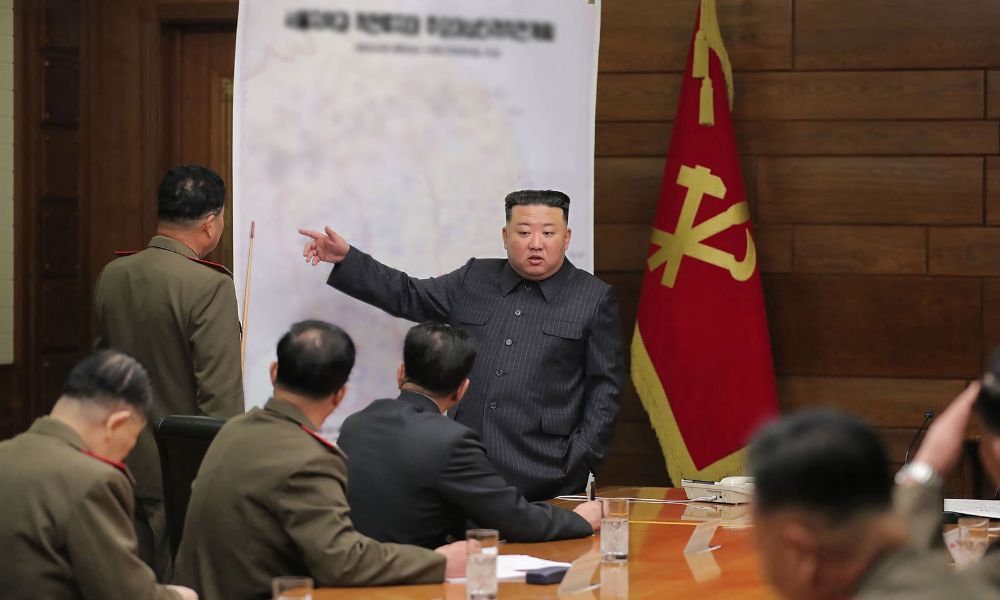
Kim Jong Un's leadership of North Korea has brought significant changes to both the domestic and foreign policies of the isolated nation.
Since assuming power in 2011, he has pursued a unique approach that combines elements of authoritarianism, economic reforms, and diplomatic engagement.
In this blog post, we will explore how Kim Jong Un's leadership has shaped North Korea's policies on the home front and in the international arena.
|
Are you a Tax Lawyer in USA? |
Economic Reforms: One of the notable aspects of Kim Jong Un's leadership has been his focus on economic reforms. Under his guidance, North Korea has seen limited market-oriented changes, such as allowing private markets and foreign investments in designated areas. These reforms, often referred to as the "byungjin line," aim to boost the country's economy while maintaining the regime's control.
Cult of Personality: Kim Jong Un has further cultivated the personality cult surrounding the Kim dynasty. His image is omnipresent, and the regime portrays him as a charismatic and capable leader. The cult of personality serves to solidify his authority and maintain a sense of national unity.
Human Rights: North Korea's human rights record remains a significant concern under Kim Jong Un's leadership. Reports of political repression, forced labor camps, and limited freedoms persist, drawing international criticism.
Nuclear Ambitions: Kim Jong Un's North Korea has continued its pursuit of nuclear weapons and ballistic missile capabilities. This stance has led to heightened tensions with the international community, particularly with the United States and its allies. The North Korean regime views nuclear weapons as a guarantee of its survival and a means to secure its sovereignty.
Diplomacy and Outreach: In a surprising shift, Kim Jong Un has engaged in diplomacy with South Korea and the United States. The 2018 Singapore Summit with then-U.S. President Donald Trump and summits with South Korean President Moon Jae-in marked historic moments of engagement. While these talks raised hopes for denuclearization, progress has been slow, and subsequent negotiations have seen setbacks.
Relations with China: Kim Jong Un's North Korea has maintained a complicated relationship with its neighbor, China. While North Korea relies on China for economic support and diplomatic cover, it has also sought to assert its independence. The relationship is marked by a mix of cooperation and tension.
Sanctions and Isolation: The international community has imposed sanctions on North Korea in response to its nuclear and missile activities. These sanctions have placed economic pressure on the nation, affecting its trade and access to foreign currency. Kim Jong Un's leadership has seen efforts to mitigate the impact of sanctions while maintaining the pursuit of nuclear capabilities.
Kim Jong Un's leadership of North Korea has brought a combination of continuity and change.
While maintaining the authoritarian control and personality cult characteristic of the Kim dynasty, he has also introduced limited economic reforms and engaged in diplomatic outreach.
However, North Korea's nuclear ambitions remain a persistent source of tension in its relations with the world.
Understanding the impact of Kim Jong Un's leadership on North Korea's domestic and foreign policies is crucial for comprehending the complex dynamics of this secretive nation on the global stage.
The future of North Korea's policies and its role in international relations will continue to be shaped by the decisions and actions of its enigmatic leader.